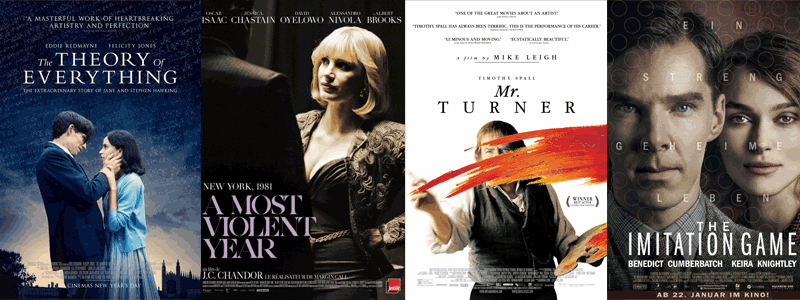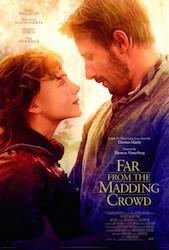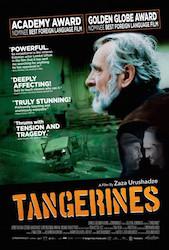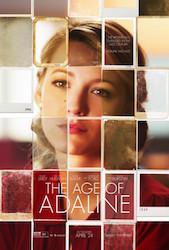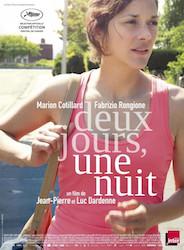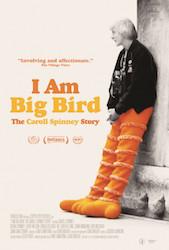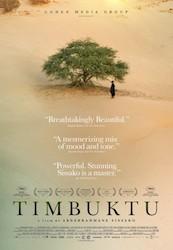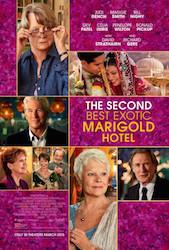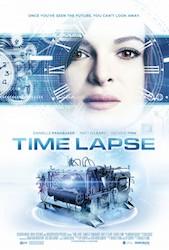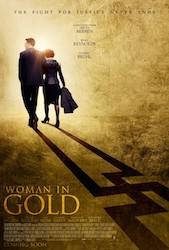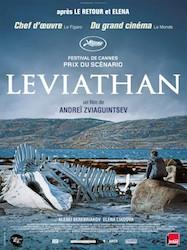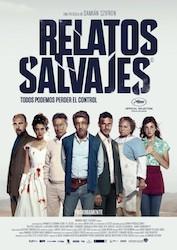“Two Days, One Night” - The Dardennes brothers, Jean-Pierre and Luc, have made some rather classic films about working class people striving to earn a living and survive. But their films are not likely to satisfy the typical taste of American viewers. Their films are often simple, human stories about characters who aren’t necessarily attractive, and would likely be shown, if at all, in arthouse theaters. Dardennes films consist mostly of talk with little or no action. “Two Days, One Night” fits the bill, telling the story of Sandra (Marion Cotillard), a wife and mother of two who has just recovered from depression, who is about to lose her job at a solar panel factory because her co-workers have voted on a Friday to receive a bonus of 1,000 euros. As a result, she will be laid off and she and her husband might have to go on the dole. But the boss relents a little and decides to have a second secret ballot vote on the following Monday, allowing Sandra to try to convince her co-workers to give up the bonus and vote in her favor. What we see is Sandra taking on the unpleasant and difficult but necessary task of trying to convince her co-workers to care more about her interests than about their own. Marion Cotillard is an astonishing actress and rightfully received an Oscar nomination for best actress for her performance as a woman who faces this daunting task and, with some difficulty, rises to the occasion.. As Sandra, she travels, sometimes alone and sometimes with her husband, to the homes of many of the co-workers and other sites where she can find them. Probably the most interesting aspects of the film are the unsurprising reactions, ranging from utter hostility, to self-interest, to a tremendous generosity of spirit. “Two Days, One Night” takes place in Belgium and is primarily in French with English subtitles. B+ (9/8/15) | |

